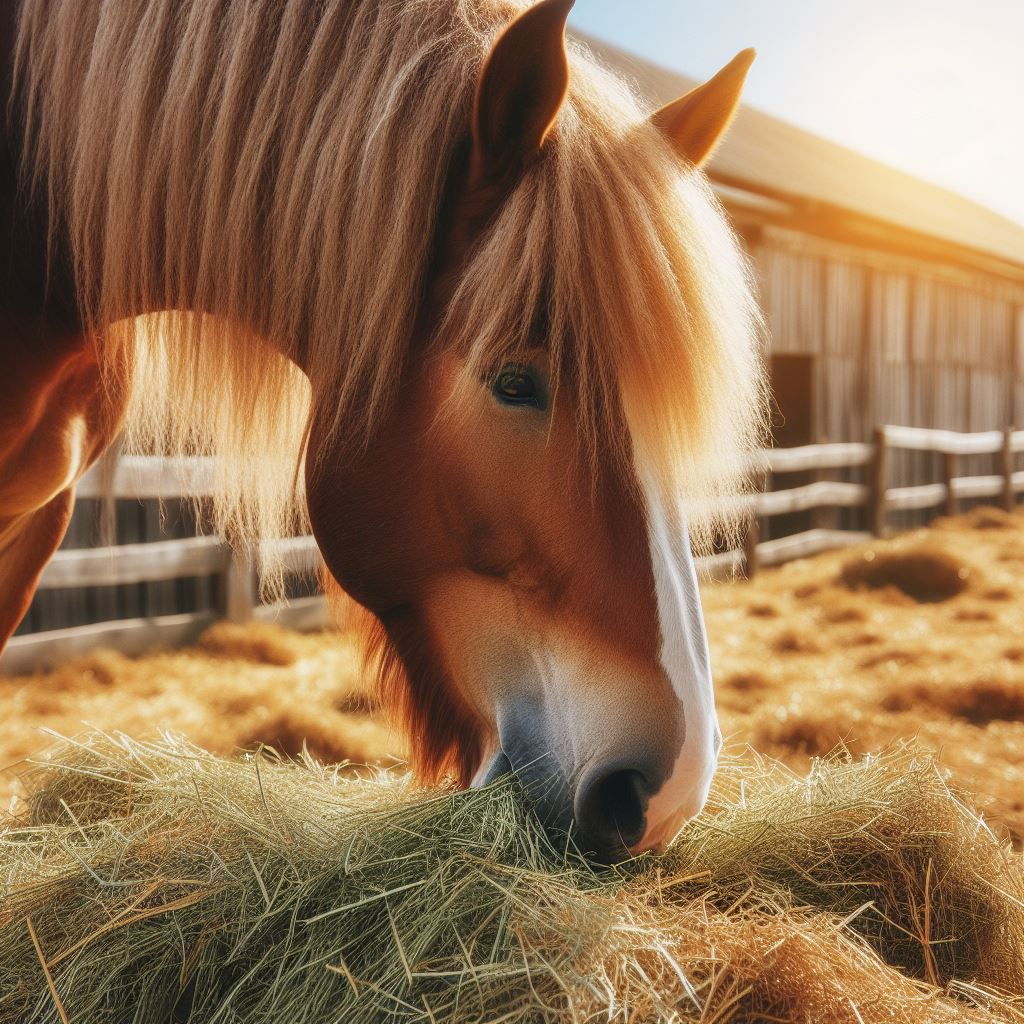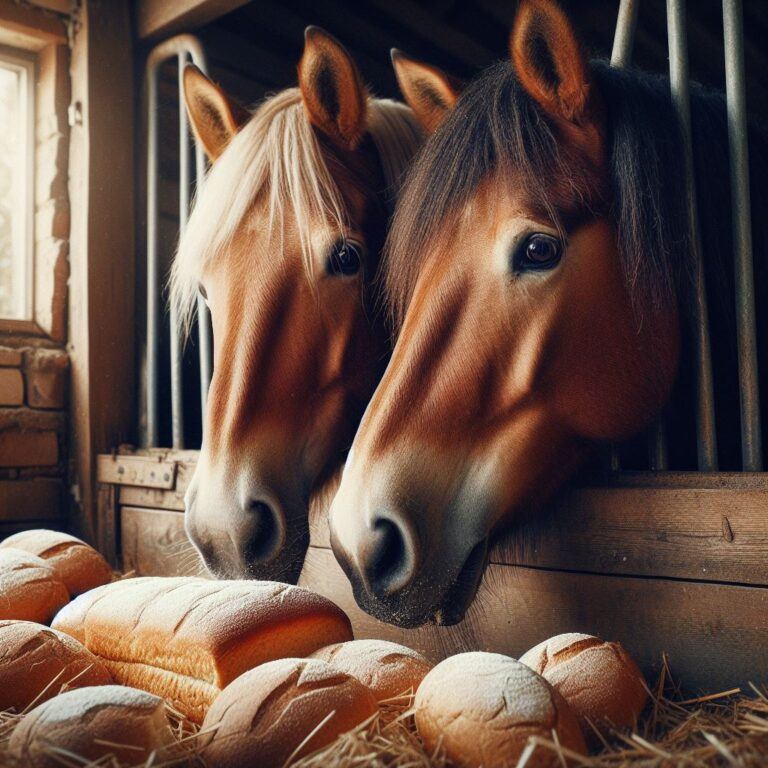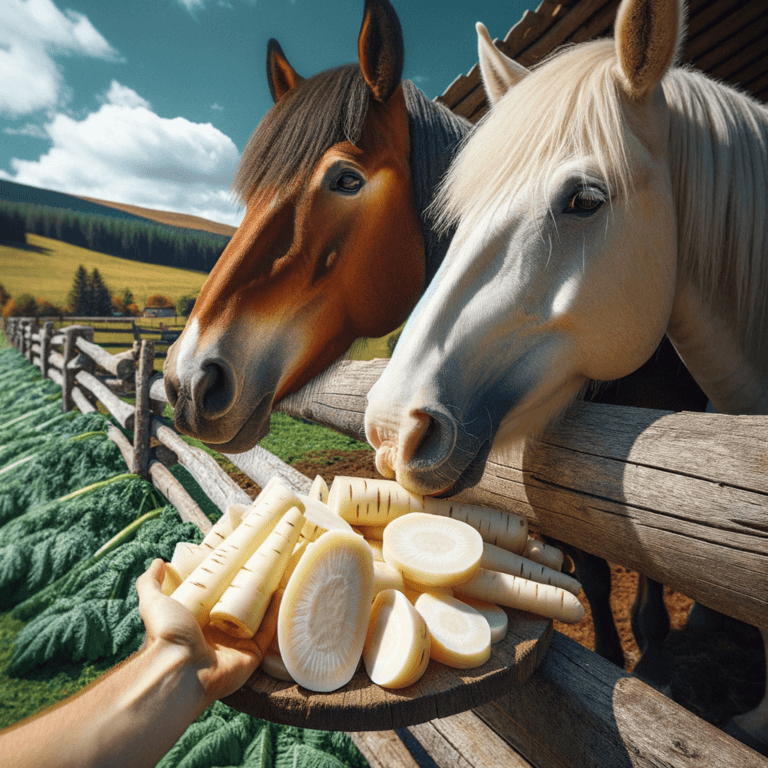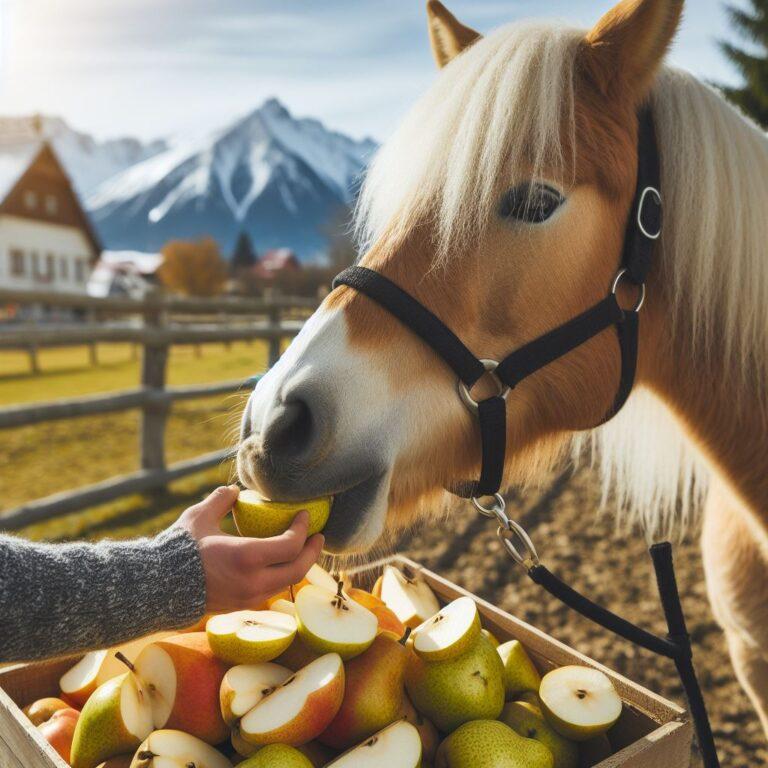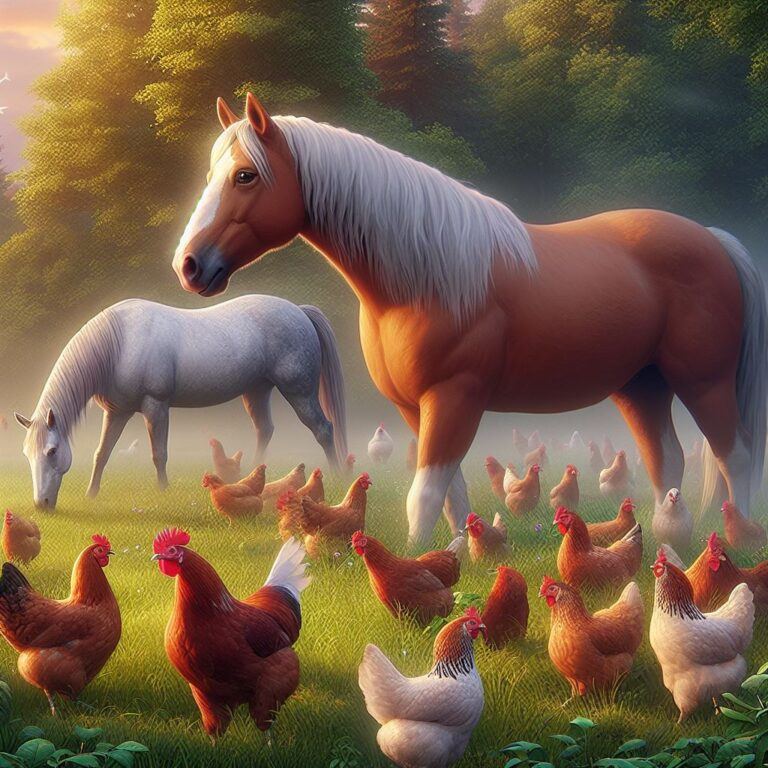Can Horses Eat Fresh Pasture Grass
Can horses eat fresh pasture grass? Absolutely, they can. Fresh pasture grass is not just safe, but it’s a beneficial element of a horse’s diet. The reason is simple, horses are naturally grazing animals, and pasture grass meets their nutritional needs while encouraging normal foraging behaviors. It supplies essential nutrients such as vitamins A and E, magnesium, and potassium that support a horse’s health.
For centuries, horses have roamed various landscapes, grazing as they go. This activity isn’t only about food intake, it’s integral to their overall well-being. Movement across pasturelands aids in digestion and helps maintain healthy joint function.
While grazing, horses consume a mix of grasses rich in fiber. These fibers are crucial for a smoothly functioning digestive system.
Pasture grass is a horse’s natural diet, one they’ve been perfectly adapted to over time. Yet, I understand that horse owners often worry about the ‘freshest’ aspect of pasture.
Does it mean any and every fresh grass is suitable for horses? Not exactly. While most pasture grasses are beneficial, not all are created equal.
Some contain high sugar content that could lead to health problems if not managed properly. Additionally, the freshness also means the grass must be free of pesticides and other harmful chemicals.
Are There Any Risks of Fresh Pasture for Horses
While fresh pasture grass is generally beneficial for horses, it’s not without risks. Overgrazing, for example, can lead to a scarcity of quality grass and potential nutritional deficits.
Horses consuming too much rich spring or early summer grass may experience issues such as laminitis, a painful inflammatory condition of the tissues (laminae) bonding the hoof wall to the pedal bone in the hoof.
To prevent these risks, an essential step is learning to identify when your horse might be adversely affected by pasture grass.
Symptoms like changes in abdominal size, alterations in hoof growth, or signs of digestive upset should prompt immediate consultation with a veterinarian.
Especially vulnerable are horses with conditions like insulin resistance, obesity, or those prone to equine metabolic syndrome. For these horses, I highly recommend managing their grazing time to prevent complications.
Getting horses used to fresh pasture involves a gradual process. Begin by allowing short grazing periods and then gradually increase the time spent on pasture.
It also can be beneficial to start them on a small section that’s not overly lush and to monitor their adjustment closely.
How Best to Manage Horse Pasture Grazing
We, as responsible horse owners, have a significant role in ensuring our horses reap the benefits of fresh pasture while maintaining their health.
Sustainable pasture management is the KEY. By using strategies like rotational grazing, we can preserve pasture quality and prevent the overgrazing that leads to depleted land.
Rotational grazing isn’t just good for the land, it’s also beneficial for our horses. It mimics their natural grazing patterns and promotes a diverse intake of nutrients.
This system involves dividing your pasture into smaller areas and allowing the horses to graze one section at a time.
Such practice encourages regrowth and helps avoid the bare patches that could potentially lead to mud and parasites.
However, seasons change, and so should your supplementary feeding practices.
During times when pasture grass is not as abundant or as nutrient-rich, such as in the depths of winter or the peak heat of summer, you may need to supplement your horse’s diet with hay or concentrates to ensure they’re getting all the nutrients they need.
Regular monitoring is important, too. We must keep an eye on our horse’s weight and adjust their feed as needed.
Some horses may require less grazing time if they are prone to weight gain, while others might need extra feed to maintain their condition.
To sum it up, it’s a balancing act. We need to manage the pasture carefully and watch our horse’s health closely.
With thoughtful and informed management, fresh pasture grass can be an excellent addition to our horse’s diet, supporting their well-being and happiness.

